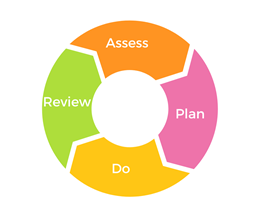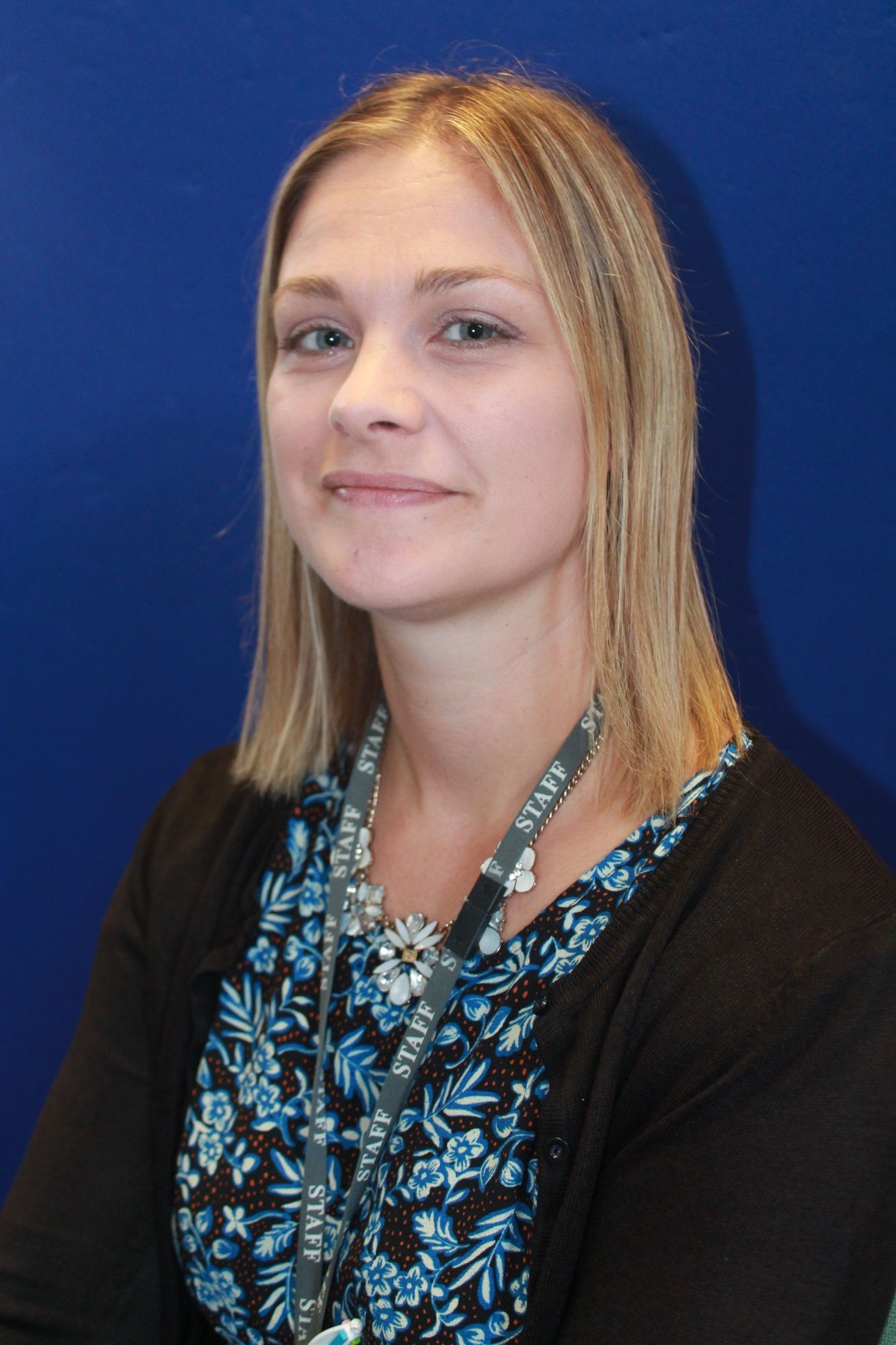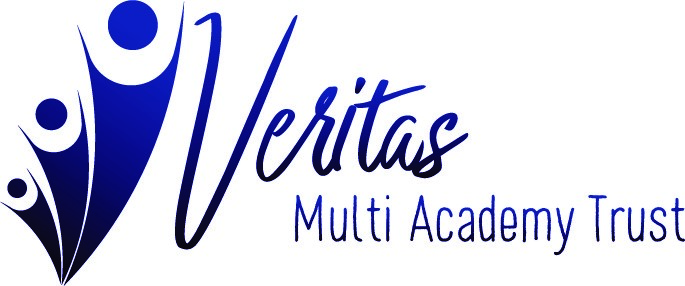Inclusion and Additional Needs
At Mundella Primary School, we pride ourselves on being an inclusive and diverse school.
By teaching an irresistible curriculum through inclusive practice, underpinned by our school values, pupils grow in confidence, have high wellbeing and enjoy learning.
We have highly skilled and trained staff who are knowledgeable in teaching and supporting learning. Our learning environments are welcoming, calm, organised and stimulating. Our pupils succeed through Quality First Teaching. The Mainstream Core Standards are used to create a core offer of approaches and strategies tailored to each class or individual’s needs and abilities. This support enables children to access the curriculum, with learning strategies to support learners’ diverse needs. The curriculum is designed to make learning relevant and meaningful by embedding context, first hand experiences and activating pupil’s prior knowledge. Pupils are given opportunities to demonstrate their learning through cultural and personal links.
It's not about pupils getting the same. It's about pupils getting what they need!
Our ongoing commitment to support learners with SEND is using a cycle called ‘Assess, Plan, Do, Review’.
Assess- We use a variety of tools and observations to work out the strengths of the child, and any barriers to learning.
Plan- In conjunction with the class teacher, SENCO, school leaders (and at times external professionals), we plan the provision which we feel will help the child to make progress towards their identified outcomes.
Do- We put the provision in place.
Review- We review the child’s progress termly through various assessment tools, which are fed back to the school leaders. This is also recorded on your child’s school report. For children with a higher level SEN, they will have an additional ‘personalised plan’, which breaks down their provision map. For some children, this will also form evidence for additional external support or funding. Parents and carers should receive copies of these throughout the year.

You can find our most recent SEN/D Policy and other related procedures here.
We welcome all parents and carers to meet with us at various times across the year, where we will explain and plan the support for your child. We will also be available most mornings and afternoons.
If you have concerns about your child's learning needs speak to the class teacher; in the first instance, or contact Mrs Wharmby team via email.
Headteacher
Lauren Wharmby
Trainee Senco

Lauren James
Senior Family Liaison Officer
Carol Gretton
Children and Families Bill 2013
The Children and Families Bill takes forward the Coalition Government’s commitments to improve services for vulnerable children and support families. It underpins wider reforms to ensure that all children and young people can succeed, no matter what their background. The Bill will reform the systems for adoption, looked after children, family justice and special educational needs.
The Government is transforming the system for children and young people with special educational needs (SEN), including those who are disabled, so that services consistently support the best outcomes for them. The Bill will extend the SEN system from birth to 25, giving children, young people and their parents/carers greater control and choice in decisions and ensuring needs are properly met.
It takes forward the reform programme set out in Support and aspiration: A new approach to special educational needs and disability: Progress and next steps by:
- replacing statements and learning difficulty assessments with a new birth- to-25 Education, Health and Care Plan, extending rights and protections to young people in further education and training and offering families personal budgets so that they have more control over the support they need;
- improving cooperation between all the services that support children and their families and particularly requiring local authorities and health authorities to work together; and
- requiring local authorities to involve children, young people and parents in reviewing and developing provision for those with special educational needs and to publish a ‘local offer’ of support.
What is the Local Offer?
The Local Offer was first introduced in the Green Paper (March 2011) as a local offer of all services available to support disabled children and children with SEN and their families. This easy to understand information will set out what is normally available in schools to help children with lower-level SEN as well as the options available to support families who need additional help to care for their child.
Parents can find this information on the following website: https://www.kelsi.org.uk/__data/assets/pdf_file/0005/117257/Special-educational-needs-mainstream-core-standards-guide-for-parents.pdf




